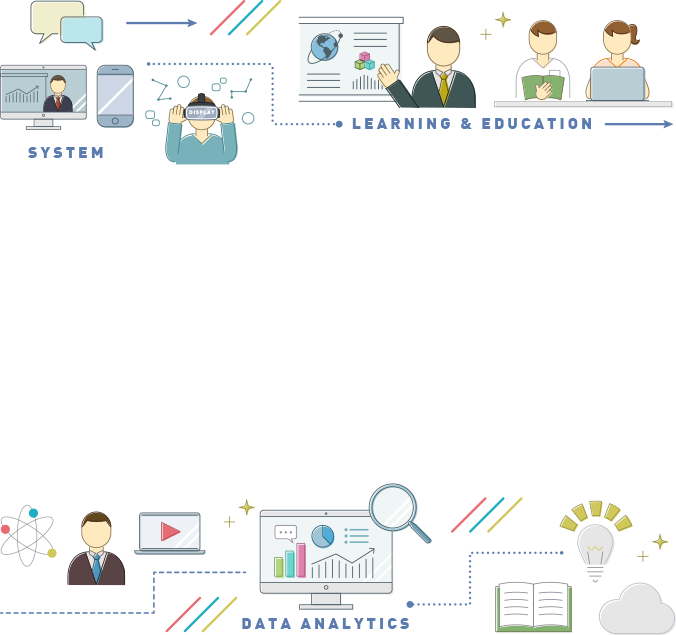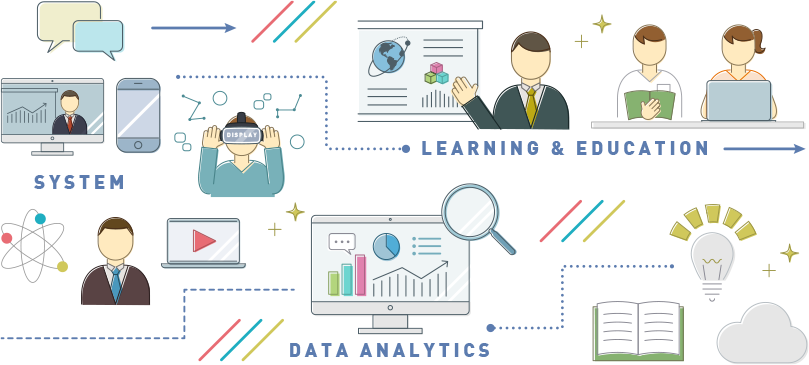Hello everyone.
Today, I would like to share my report on participating in LAK 2024.
From March 20th to 22nd, 2024, I attended the main conference of Learning Analytics and Knowledge (LAK) 2024 held at the Kyoto International Conference Center. LAK is one of the largest conferences on learning analytics research, including system development and educational practices utilizing learning data. As of 2024, it ranks within the top 20 in educational technology on the Google Scholar Metrics and holds an A rating in the CORE Ranking.
This time, I presented a poster. The poster presentations at LAK are set up with posters lined up in a room, and the lead authors stand by their posters, explaining their content when participants approach. Unlike oral presentations, the poster session allows participants to learn about multiple studies simultaneously and engage in in-depth discussions with the presenters. I found this format very appealing. As a presenter, I thoroughly enjoyed engaging in deep discussions with participants who were interested in my research. The one-hour session felt like it flew by.
I presented on “Analysis of English Vocabulary Learning Behaviors Using Speech Recognition.” In my master’s research, I developed an English vocabulary learning support system utilizing speech recognition and presented the results of lag-sequential analysis on the learning logs collected through two experiments.
I had the opportunity to discuss my research with those who listened to my presentation. We mainly talked about the validity of feedback through speech recognition, the results of pre- and post-tests, and the usefulness of speech recognition revealed through lag-sequential analysis. Many participants seemed particularly interested in the future design of learning environments based on the learning behaviors identified in the study. Through these discussions, I also had the chance to consider ways to apply the research findings, which was very valuable for me.
In addition to my presentation, I attended other sessions. Overall, presentations on learning analytics and practices using AI were prominent. One study that particularly caught my interest involved using automatic speech recognition AI to analyze the speech of tutors during classes. The analysis results are displayed on a dashboard to help improve the class. Tutors, who assist teachers and sometimes take over the class, do not always possess the appropriate questioning skills necessary for teaching. This study proposed a model that records tutors’ utterances during classes and provides feedback to teachers based on the Talk Moves classification. The study compared an experimental group using a dashboard with a control group using nothing. The results indicated that the group using the dashboard, especially those who started using it midway through the course, showed improved teaching quality. I found this very intriguing. Recent automatic speech recognition technology, even free versions, has a high recognition rate. The attempt to record questions asked during classes, categorize them into a questioning framework, and provide feedback using speech recognition technology is something I would like to apply in my own course design. Additionally, I was impressed by a study I attended that reported on collaboration with a Japanese educational non-profit organization to secure human resources and conduct large-scale tests. The collaboration with the non-profit sector suggested the potential for collecting learning logs in practical contexts and ensuring a flexible experimental environment.
By: Saki Hirata (M2 student)







